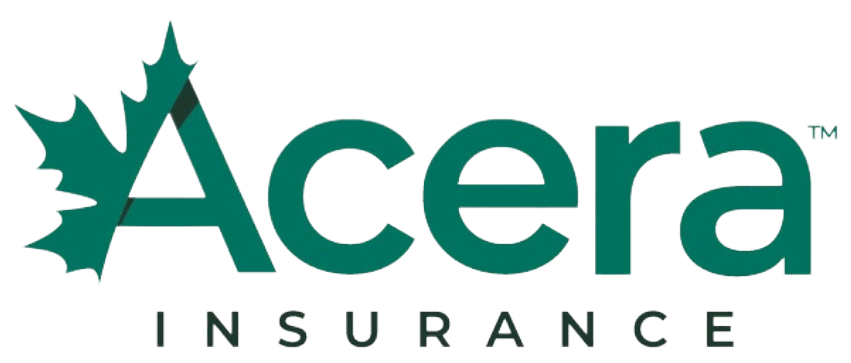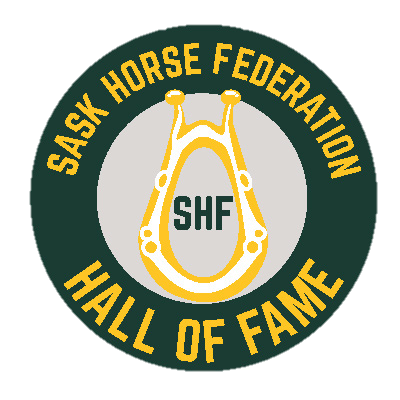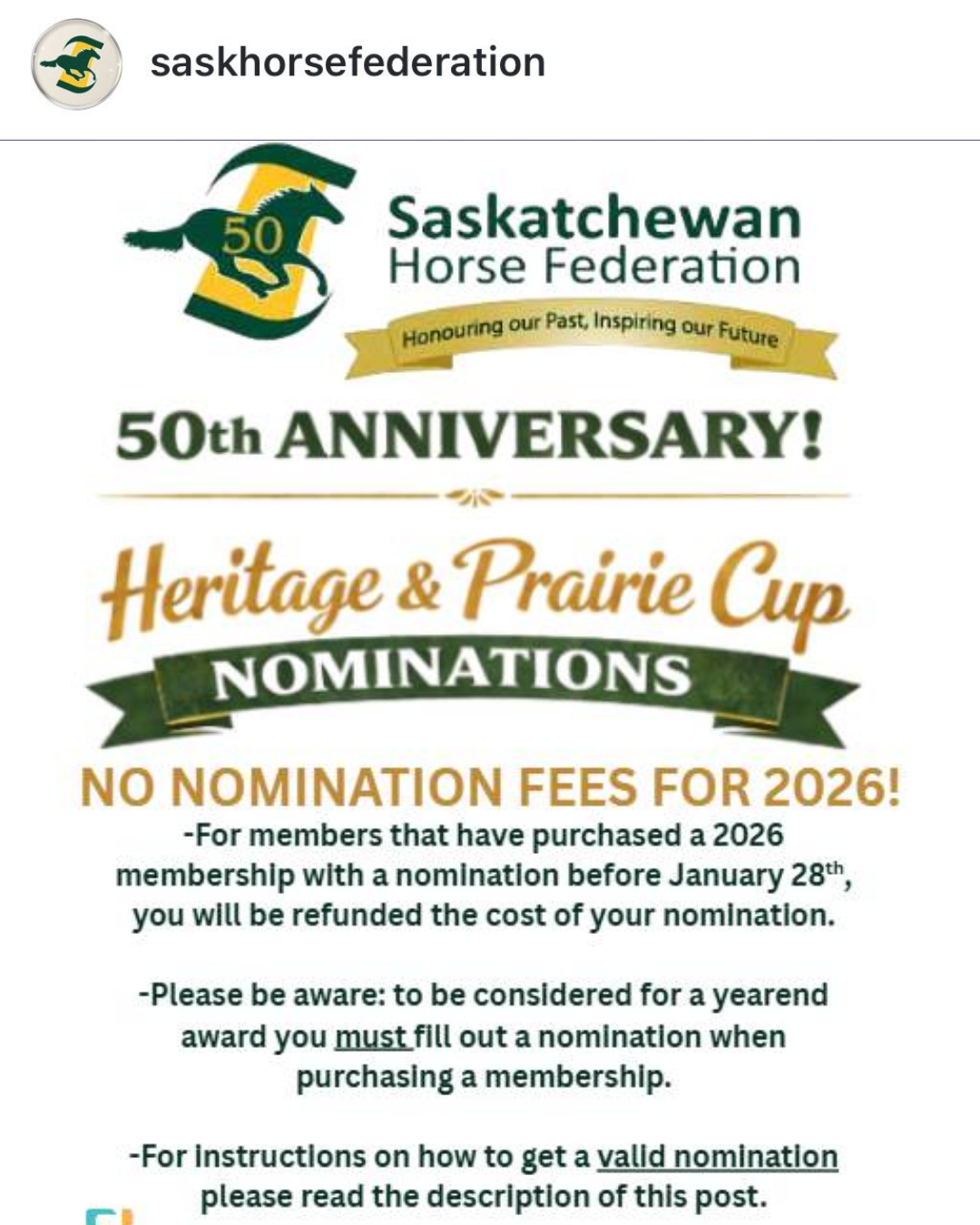EHV-1: The Facts
Equine Herpes Virus (EHV-1) is found worldwide and infection is common. Many horses never develop any clinical symptoms; however, the virus will become latent, creating a lifelong dormant infection in the horse. Latent infections can become re-activated, often as a result of stress, causing disease and/or shedding of the virus long after the initial infection.
Respiratory disease is the most common clinical presentation of EHV-1 infection. The incubation period is usually two to eight days, although incubation periods as short as 24 hours and as long as 14 days have been reported.
Common Symptoms:
- Fever
- Coughing
- Nasal discharge
Less Common Symptoms:
- Conjunctivitis
- Reddened mucous membranes
- Lower leg edema
Treatment and Prevention of EHV-1 Related Disease
There is no specific treatment for EHV-1 infection. Respiratory disease due to EHV-1 infection is often mild and no specific treatment is required. Anti-pyretic medication is recommended when fever is 40 C or above. Antibiotics should be given if secondary bacterial infection is suspected.
The most effective way to protect any horse is to apply good biosecurity and hygiene practices every day. Isolation of new horses, using separate equipment for sick horses, minimizing contact with outside horses and not sharing equipment between horses and especially between facilities are just a few ways to protect horses from a myriad of infectious diseases, including EHV-1.
If you travel with your horse to attend equine shows and events, keep tabs on its health. Check your horse's temperatures before attending events; if your horse has a fever, keep it at home. Also, monitor your horse's temperature during events; if a horse develops a fever during an event, isolate it from other horses immediately to prevent the further spread of contagious disease. When the event is over and horses return home, keep them isolated from other horses on the farm. If EHV is confirmed in any horse on the farm, a voluntarily quarantine of your premises will help prevent the spread of the virus to other facilities.
For More Information on Equine Herpes Virus please consult the information provided at the Government of Saskatchewan Agriculture.





.png)




